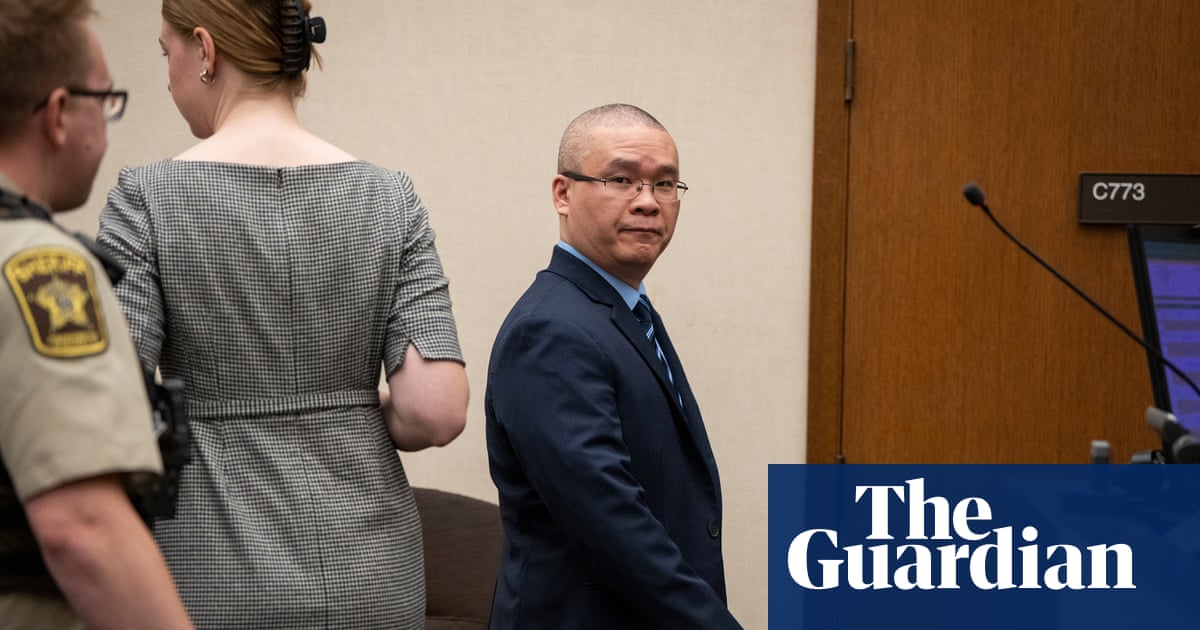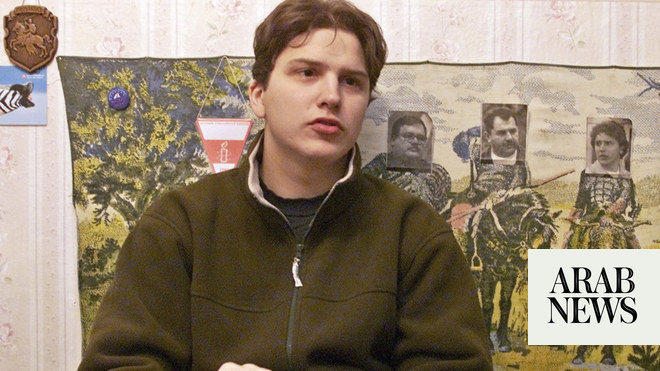
MINNEAPOLIS — Former US police officer Derek Chauvin has been sentenced to 270 months or 22.5 years for the murder of George Floyd last year in the US city of Minneapolis.
The sentencing closes a chapter in a case that sparked global outrage and reckoning on racial disparities in America, and across the world.
George Floyd"s daughter Gianna spoke in a video shown to the court, saying she misses her father. His brother Terrence called for the maximum penalty, and his nephew Brandon said "our family is forever broken."
Derek Chauvin"s mother spoke to describe him as a "selfless" and "loving man."
Chauvin offered condolences to the Floyd family.
Attorneys on both sides made brief arguments before the sentencing Friday.
Chauvin expected to appeal
Chauvin, 45, is widely expected to appeal his guilty verdicts, but he also still faces trial on federal civil rights charges, along with three other fired officers who have yet to have their state trials.
The concrete barricades, razor wire and National Guard patrols that shrouded the county courthouse for Chauvin"s three-week trial are gone, and so is most of the tension in the city as it awaited a verdict in April. Still, there"s a recognition that Chauvin"s sentencing will be another major step forward for a city that has been on edge since Floyd"s death on May 25, 2020.
“Between the incident, the video, the riots, the trial — this is the pinnacle of it,” Mike Brandt, a local defense attorney who has closely followed Chauvin"s case, said. “The verdict was huge too, but this is where the justice comes down.”
Chauvin was convicted of second-degree unintentional murder, third-degree murder and second-degree manslaughter for pressing his knee against Floyd’s neck for about 9 1/2 minutes as the Black man said he couldn’t breathe and went limp.
Bystander video of Floyd"s arrest for suspicion of passing a counterfeit $20 bill prompted protests around the world and a nationwide reckoning on race and police brutality.
Chauvin sentenced on most serious charge
Under Minnesota statutes, Chauvin was sentenced only on the most serious charge, which had a maximum sentence of 40 years. But case law dictated that a 30-year sentence would be the practical maximum sentence Judge Peter Cahill could impose without risk of being overturned on appeal.
Prosecutors asked for 30 years, saying Chauvin’s actions were egregious and “shocked the nation’s conscience.” Defense attorney Eric Nelson requested probation, saying Chauvin was the product of a “broken” system and “believed he was doing his job.”
Cahill has already found that aggravating factors in Floyd’s death warrant going higher than the 12 1/2-year sentence recommended by the state"s sentencing guidelines. The judge found Chauvin abused his position of authority, treated Floyd with particular cruelty, and that the crime was seen by several children. He also wrote that Chauvin knew the restraint of Floyd was dangerous.
“The prolonged use of this technique was particularly egregious in that George Floyd made it clear he was unable to breathe and expressed the view that he was dying as a result of the officers’ restraint,” Cahill wrote last month.
Chauvin chose not to testify at his trial. The only explanation the public has heard from him came from body-camera footage in which he told a bystander at the scene: “We got to control this guy ’cause he’s a sizable guy ... and it looks like he’s probably on something.”
Chauvin has been held since his conviction at the state"s only maximum-security prison, in Oak Park Heights. The former officer is held away from the general population for his safety, in a 10-by-10-foot cell, with meals brought to his room. He is allowed out for solitary exercise for an hour a day.
It"s not clear if Chauvin will remain there. State prison officials said that decision wouldn"t be made until after Cahill"s formal sentencing order.
Chauvin and the three other officers involved in Floyd’s arrest are awaiting trial in federal court on charges of violating Floyd’s civil rights. No trial date has been set.
The three other officers are also scheduled for trial in March on state charges of aiding and abetting both murder and manslaughter. — Euronews












